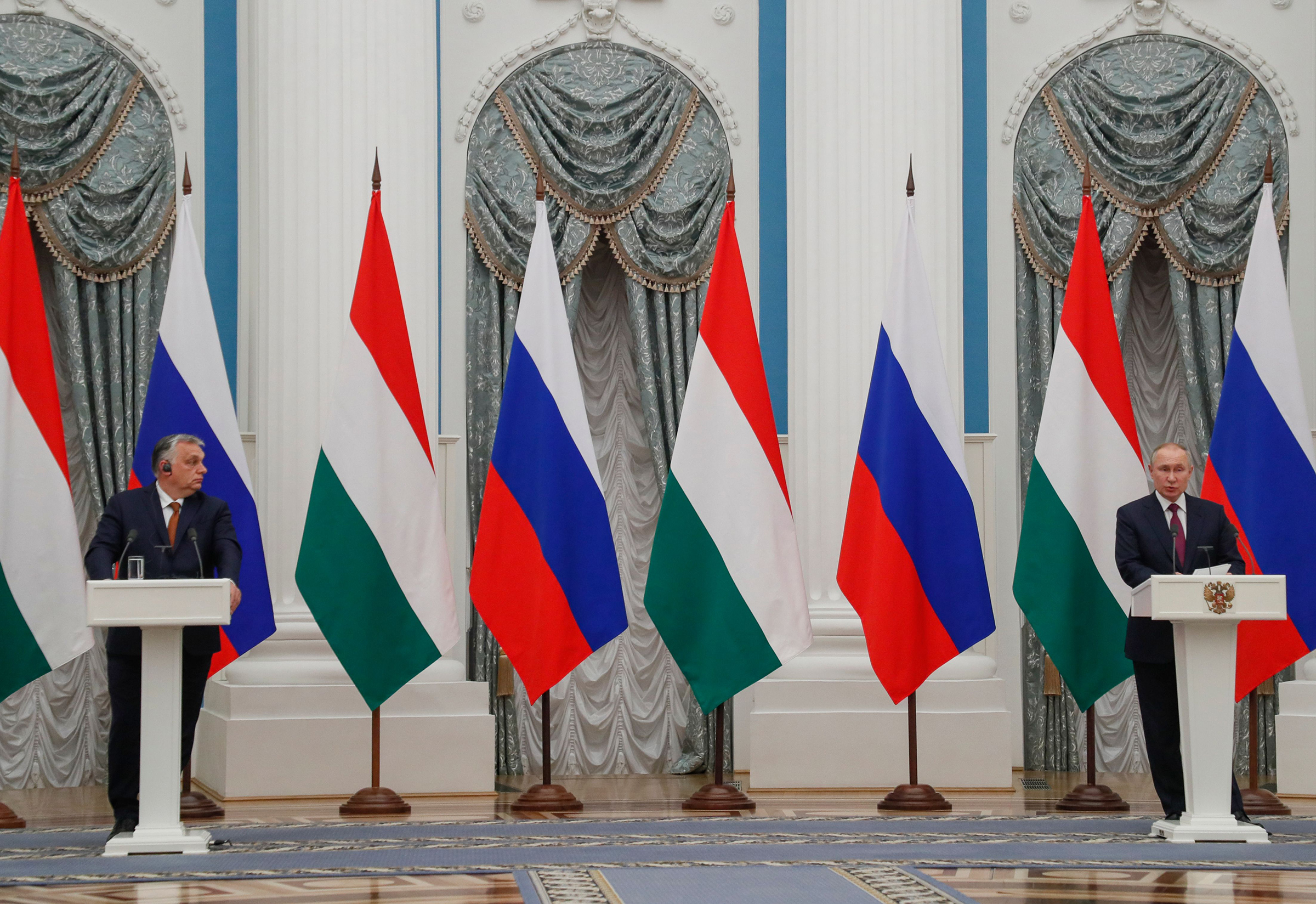Brussels, 19 Feb. The war in Ukraine has caused a geostrategic change in the European Union because all countries – and not only those in the East – have internalized the risk posed by Russia, and at the same time it has opened up a series of challenges to the uncertain outcome that will mark the future of the club and the continent.
As a result of this new shared perception of the threat posed by the Kremlin, energy security has taken on fundamental importance and to avoid supply problems the EU has reduced its dependence on Moscow by a year by compared to the pre-war period.
The EU27 have stopped importing their oil and have managed to ensure that the gas they buy from Russia now represents 9%, compared to 40% a year ago, which they supply with greater diversification of suppliers, mainly the United States, but also Norway or Qatar.
“The first and most obvious thing that has changed” with the war “is energy diversification,” Rosa Balfour, director of the Carnegie Europe think tank, told GLM, for whom “it will be difficult to return to the status quo”.
And so far, “the EU has proven to be more resilient to the energy ‘shock’ than we thought,” Bruegel researcher Georg Zachmann also told GLM.
Indeed, the European Commission has just raised the growth forecasts for the euro zone and the EU, to 0.9% and 0.8% respectively, and lowered inflation to 5.6%.
taboos
Another of the changes caused by the conflict is that the EU, for the first time, finances the shipment of arms to support a third country under attack, breaking a taboo in an organization born after the Second World War with the aim of guaranteeing peace between European countries.
“It’s a taboo that has been broken and now I’m starting to think it could be a way for the EU to engage with global security issues in the future,” Balfour said.
However, the war has once again reaffirmed NATO as the true guarantor of Europe’s security, burying statements by French President Emmanuel Macron in 2019, when he declared that the Atlantic Alliance was “dead cerebral”.
Russia’s invasion of Ukraine put ‘the reality’ on the table, Balfour continues, that in terms of security and defense Europeans depend on the United States, which now ‘is less relevant’ autonomy strategy that the EU wanted to reinforce, first with the coming to power of former US President Donald Trump, then with the pandemic.
An idea shared by Zach Paikin, a researcher at the Center for European Policy Studies, for whom “the most immediate dynamic” that has been generated by the war is that “the EU is not stronger, because it is more aligned with the United States to ensure your own safety.”
SAFETY IN EUROPE
Paikin considers that the fact that all EU countries have assumed the threat posed by Moscow “does not mean that we have the same overall vision of what the security and defense policy of the European Union should be” and , therefore, of the manner in which the war must end .
“There is an agreement within the EU that the war will end when Ukraine decides that the time has come, that Ukraine’s future borders should not be decided in Paris, Berlin, Warsaw or Washington. They will have to be decided in Kiev,” he added. said Balfour.
But he believes that “if Ukraine’s military victory is not so obvious, which is a possibility given that an offensive (from Moscow) is expected and Russia has resources, some countries in Europe might start arguing that there has to be some sort of solution.” commitment to the territorial integrity of Ukraine”.
For now, the EU and Western countries have pledged to provide military aid to Kiev and Brussels has already granted Ukraine the status of a candidate country, showing not only its support, but also the fight with Russia. to gain influence in the region, as well as in the Western Balkans, whose accession process has also increased the Twenty-seven.
Enlargement is “another big potential change” that the war could bring to the EU, since it will force it to carry out “big reforms”, not only in internal decision-making, with a hypothetical elimination of the unanimity, but, for example, of the common agricultural policy since “Ukraine is a large agrarian sector”.

